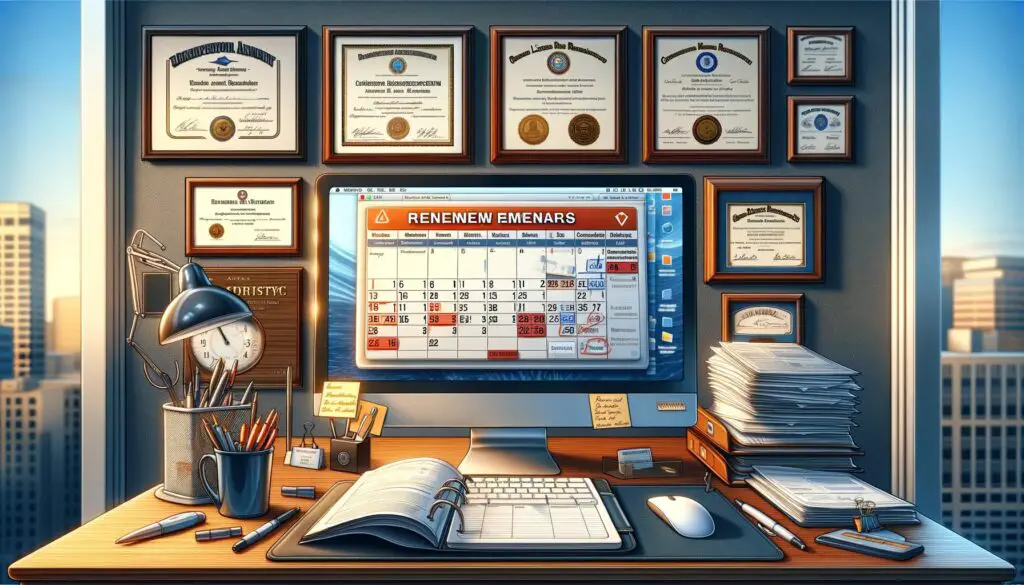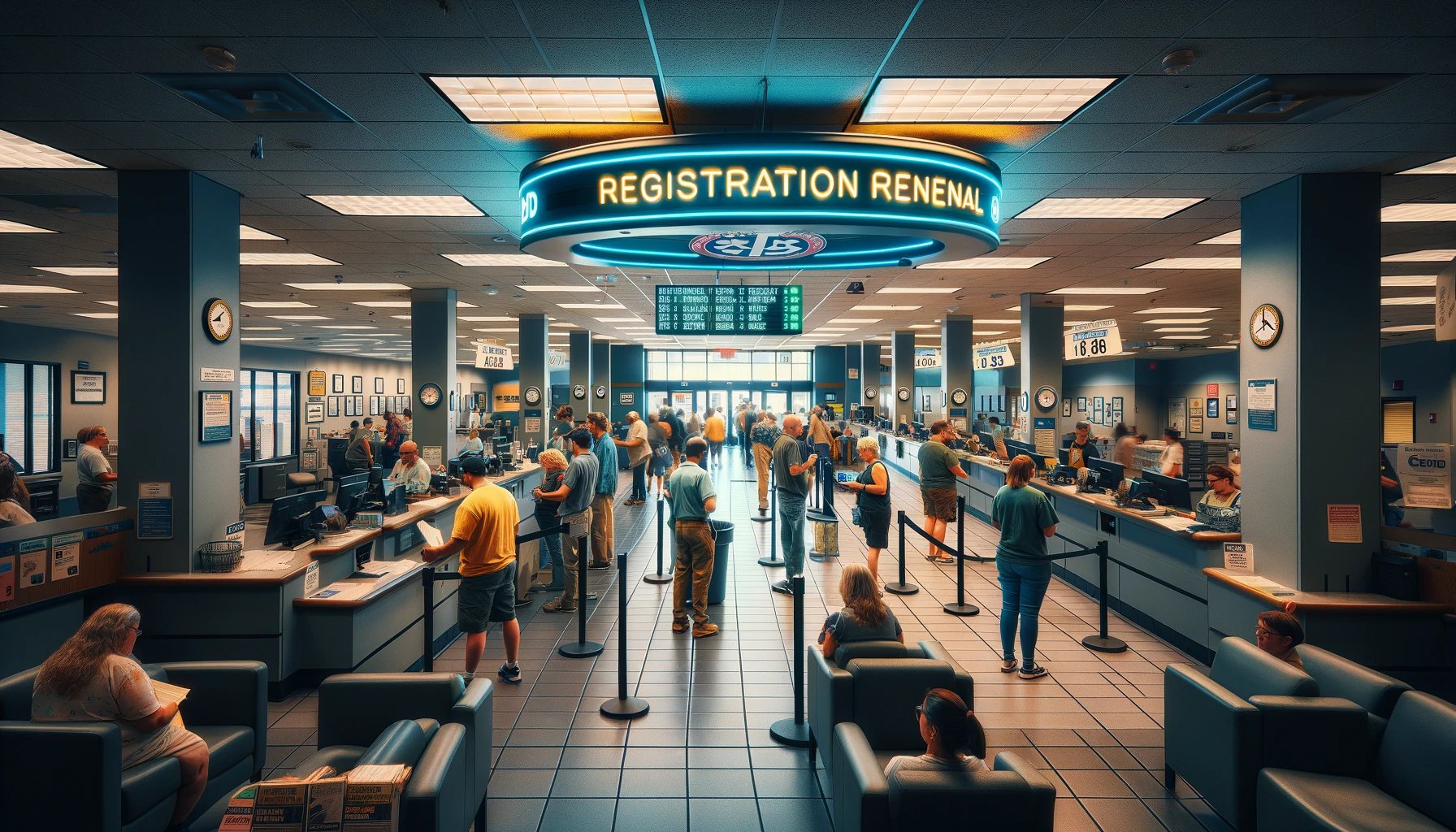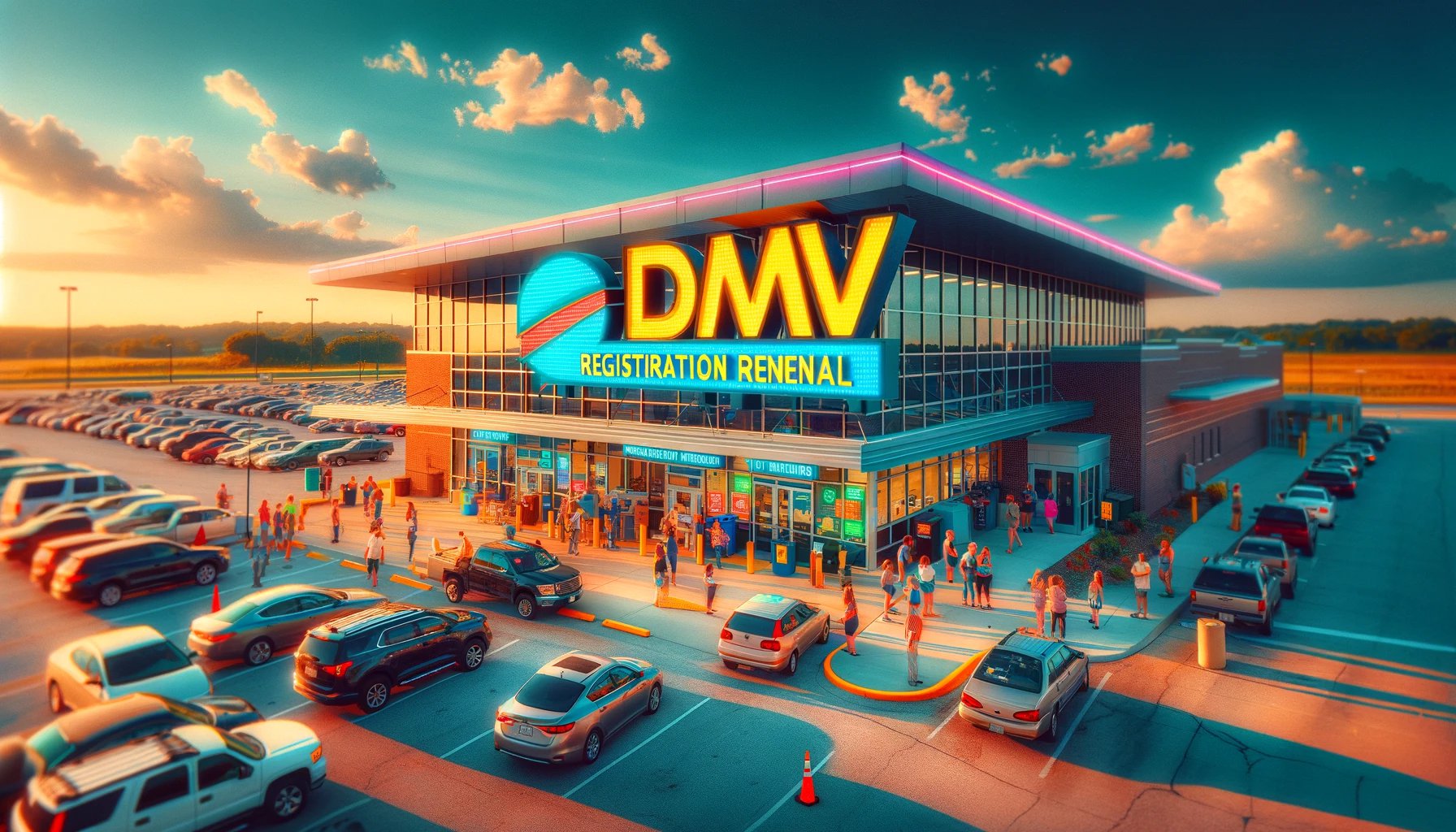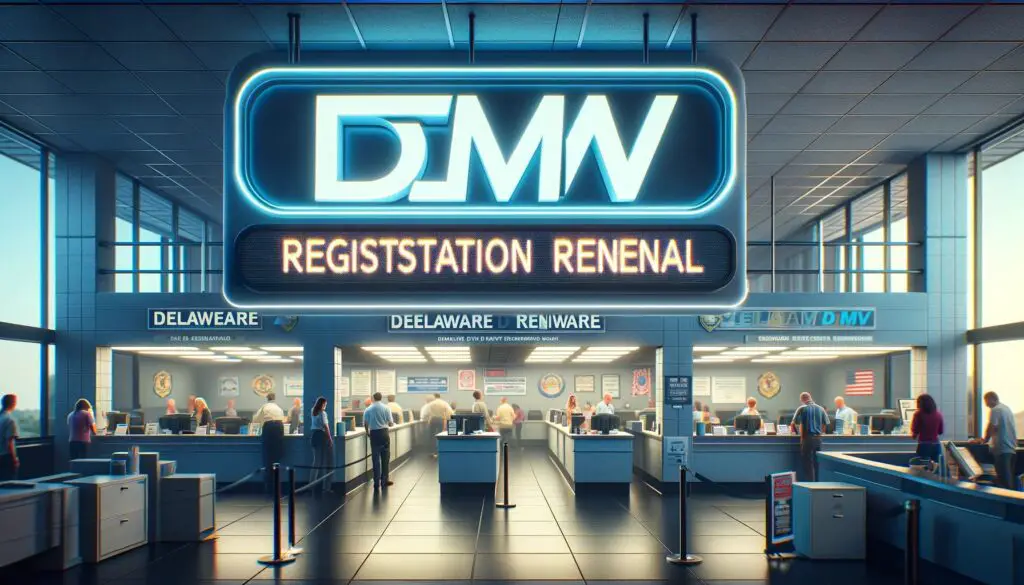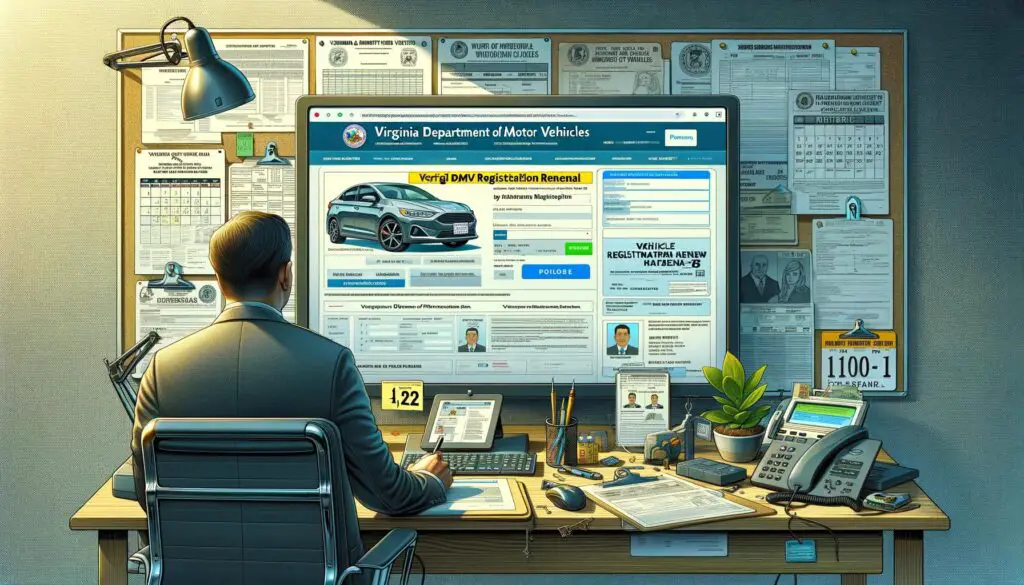In today’s professional landscape, maintaining up-to-date licenses and certifications is paramount. However, the process of renewing these credentials can often feel like navigating a complex maze. This comprehensive guide aims to demystify the renewal process, providing detailed insights and practical tips for professionals across various fields.
Understanding the Issuing Authorities
Licensing and certification requirements are overseen by various issuing authorities, including federal, state, and local agencies. Each level of government plays a critical role in regulating specific industries and professions, ensuring compliance with standards and promoting public safety. Below, we delve into each of these issuing authorities in detail.
Federal Agencies
Federal agencies, such as the Federal Aviation Administration (FAA) in the United States, hold jurisdiction over licensing and certification in specific industries that require national oversight. These agencies establish and enforce regulations to maintain safety standards and regulatory compliance. For example:
- Federal Aviation Administration (FAA): The FAA is responsible for issuing licenses to pilots, air traffic controllers, and aircraft mechanics. These licenses are essential for ensuring the safety and efficiency of air transportation systems. Pilots must undergo rigorous training and examinations to obtain various levels of licenses, such as private pilot, commercial pilot, or airline transport pilot (ATP) certificates.
- National Institutes of Health (NIH): The NIH oversees licensing and certification for researchers and scientists involved in biomedical and behavioral research. Professionals working with controlled substances or conducting clinical trials may require NIH certification to ensure compliance with federal regulations.
Federal agencies typically set baseline standards that apply nationwide, but they may also collaborate with state and local authorities to address specific jurisdictional concerns.
State Agencies
State-level licensing requirements can vary significantly based on the profession, jurisdiction, and local regulations. State agencies are responsible for overseeing licensing and certification within their respective borders, tailoring requirements to meet the needs of local communities. Here are some key aspects of state-level licensing:
- Healthcare Professions: State boards of nursing, medical boards, and other regulatory bodies oversee licensing for healthcare professionals such as nurses, physicians, pharmacists, and allied health professionals. State-specific regulations may include educational requirements, clinical experience, and examinations to ensure competency and patient safety.
- Professional Services: Many states require licenses for professions such as attorneys, real estate agents, cosmetologists, and contractors. Licensing boards set standards for education, training, and ethical conduct to protect consumers and maintain industry standards.
- Business Operations: States may also regulate business activities through licensing requirements for industries such as restaurants, retail establishments, and construction companies. Local health departments, zoning boards, and regulatory agencies enforce licensing regulations to promote public health and safety.
Local Agencies
In addition to federal and state oversight, professionals may need to obtain licenses or permits from local authorities, such as city or county governments. Local licenses are often required for businesses or individuals providing services within a specific geographic area. Here are some examples:
- Business Licenses: Local governments may require businesses to obtain operating licenses or permits to ensure compliance with zoning laws, building codes, and health regulations. These licenses vary depending on the type of business and its location.
- Professional Services: Certain professions, such as contractors, electricians, plumbers, and cosmetologists, may need to obtain local licenses or permits to operate legally within a municipality. These requirements help protect consumers and maintain industry standards at the local level.
- Special Events: Event planners, vendors, and organizers may need to obtain permits or licenses from local authorities to host special events, festivals, or outdoor gatherings. These permits ensure compliance with safety regulations, traffic control, and noise ordinances.
Local agencies work in conjunction with state and federal authorities to enforce licensing regulations and promote public welfare within their communities. Understanding the roles and responsibilities of each issuing authority is essential for professionals seeking to obtain and maintain licenses or certifications within their respective industries and jurisdictions.
Decoding Specific Legal Requirements
Navigating the legal requirements for license and certification renewal involves understanding key aspects such as renewal timelines and associated fees. Failure to comply with these requirements can result in penalties or even suspension of licenses. Below, we delve into the specifics of renewal timelines and fees, highlighting their importance and providing practical guidance for professionals.
Timeframes for Renewal
Renewal timelines dictate the period within which professionals must renew their licenses or certifications to maintain legal compliance. Understanding these timelines is crucial to avoid penalties or suspension of licenses. Key points to consider include:
- Renewal Periods: Most licensing authorities specify renewal periods, which typically range from one to three years. These periods may vary depending on the profession and jurisdiction. It’s essential for professionals to familiarize themselves with the specific renewal timeline applicable to their licenses.
- Marking Deadlines: Professionals should mark renewal deadlines on their calendars well in advance to ensure timely action. Missing renewal deadlines can result in penalties or temporary suspension of licenses, potentially disrupting professional activities.
- Initiating Renewal Process: It’s advisable to initiate the renewal process well in advance of the deadline to allow sufficient time for completion. This may involve gathering necessary documentation, completing continuing education requirements, and submitting renewal applications.
Renewal Fees
Renewal fees are a common aspect of the renewal process and vary depending on factors such as the type of license or certification and the issuing authority. These fees typically cover administrative costs associated with processing renewal applications. Key considerations include:
- Variability of Fees: Renewal fees can vary significantly depending on the profession, jurisdiction, and specific licensing authority. Professionals should review fee schedules provided by the issuing authority to understand the costs associated with renewal.
- Budgeting for Expenses: It’s essential for professionals to budget for renewal fees as part of their financial planning. Failure to budget appropriately can lead to financial strain or unexpected expenses during the renewal process.
- Timely Payment: Professionals should ensure timely payment of renewal fees to avoid disruptions to their professional practice. Delays or non-payment of fees can result in penalties or suspension of licenses, hindering the ability to legally practice within a given profession.
Step-by-Step Guide to Renewal
Navigating the renewal process for licenses and certifications can be simplified by following a systematic approach. This step-by-step guide outlines key actions to take to ensure a smooth and successful renewal experience:
Contacting the Issuing Authority
When uncertainties arise regarding renewal requirements or procedures, reaching out to the issuing authority is recommended. Here’s how to effectively communicate with the issuing authority:
- Identify the Issuing Authority: Determine the relevant licensing or certification authority responsible for overseeing your profession or industry.
- Gather Contact Information: Obtain the contact information for the issuing authority, including phone numbers, email addresses, and office locations.
- Prepare Questions or Concerns: Before contacting the issuing authority, prepare a list of questions or concerns you have regarding the renewal process. Be specific and concise in articulating your inquiries.
- Initiate Communication: Reach out to the issuing authority via phone, email, or in-person visit to seek clarification on renewal requirements or procedures. Be courteous and professional in your interactions.
- Document Responses: Take notes during your communication with the issuing authority, documenting key information provided and any guidance or recommendations offered.
- Follow Up if Necessary: If additional clarification or assistance is required, don’t hesitate to follow up with the issuing authority to ensure that all your questions are addressed satisfactorily.
Online Searches for Renewal Information
Harnessing the power of online resources provided by licensing authorities can facilitate access to accurate and up-to-date renewal information. Here’s how to leverage online resources effectively:
- Navigate Official Websites: Visit the official website of the licensing authority overseeing your profession or industry.
- Explore Renewal Sections: Navigate to the renewal section of the website, where you can find detailed information, FAQs, forms, and guidelines related to the renewal process.
- Review Documentation: Carefully review any documentation provided by the licensing authority, including renewal forms, instructions, and deadlines.
- Check for Updates: Regularly check the website for updates or announcements regarding changes to renewal requirements or procedures.
- Utilize Online Tools: Take advantage of online tools and resources offered by the licensing authority, such as online renewal portals, electronic submission options, and self-service features.
Leveraging Professional Associations
Professional associations can serve as valuable resources for navigating the renewal process and advancing your career. Here’s how to leverage professional associations effectively:
- Identify Relevant Associations: Identify professional associations relevant to your profession or industry, such as trade organizations, advocacy groups, or membership-based societies.
- Join Associations: Consider joining one or more professional associations that align with your career goals and interests.
- Access Resources: Explore the resources and support services offered by professional associations, such as educational programs, networking events, publications, and online forums.
- Seek Guidance: Reach out to association representatives or fellow members for guidance and support regarding the renewal process. Share insights, experiences, and best practices with your peers.
- Stay Informed: Stay informed about industry trends, regulatory updates, and continuing education opportunities provided by professional associations. Participate actively in association activities to enhance your professional development and renewal readiness.
By following this step-by-step guide and utilizing available resources effectively, professionals can navigate the renewal process with confidence and ensure ongoing compliance with licensing or certification requirements.
Avoiding Common Pitfalls
Renewing licenses and certifications requires careful attention to detail and proactive planning to avoid common pitfalls that can hinder the renewal process. Here are key pitfalls to avoid and practical strategies to mitigate them:
Procrastination and Missed Deadlines
Procrastination is a prevalent challenge that can lead to missed renewal deadlines and penalties. To avoid this pitfall, professionals should:
- Set Reminders: Use calendar reminders, alerts, or task management tools to stay informed about upcoming renewal deadlines.
- Create Renewal Timelines: Develop a detailed timeline outlining renewal requirements, deadlines, and necessary actions. Break down tasks into manageable steps to facilitate progress.
- Prioritize Renewal Activities: Make renewal a priority by allocating dedicated time and resources to complete required tasks well in advance of deadlines.
- Establish Accountability: Hold yourself accountable for meeting renewal deadlines by sharing your timeline and progress with colleagues, mentors, or accountability partners.
Inadequate CE Credits
Insufficient continuing education (CE) credits can jeopardize license or certification renewal. To ensure compliance, professionals should:
- Seek Approved CE Opportunities: Proactively search for approved CE courses, workshops, or seminars relevant to your profession and specialty area.
- Maintain Detailed Records: Keep thorough records of completed CE activities, including dates, titles, providers, and associated CE credits.
- Plan Ahead: Plan CE activities well in advance of renewal deadlines to allow sufficient time for completion and documentation.
- Monitor CE Requirements: Regularly review renewal requirements and CE credit obligations to stay informed and avoid last-minute scrambles to fulfill requirements.
Misunderstanding Requirements
Misinterpreting renewal requirements can lead to delays or complications in the renewal process. To prevent misunderstandings, professionals should:
- Review Guidelines Thoroughly: Carefully review renewal guidelines, instructions, and documentation provided by the issuing authority or licensing board.
- Seek Clarification: If uncertain about renewal requirements or procedures, seek clarification from the issuing authority or relevant professional associations.
- Double-Check Submissions: Before submitting renewal documentation or applications, double-check to ensure that all requirements have been met and all necessary documents are included.
- Stay Informed: Stay abreast of updates or changes to renewal requirements by monitoring official announcements, newsletters, or communication channels from the licensing authority.
By proactively addressing these common pitfalls and implementing strategies to mitigate risks, professionals can navigate the renewal process smoothly, maintain compliance with licensing regulations, and safeguard their professional credentials and reputations.
FAQs
Navigating the license or certification renewal process may raise questions or concerns. Below are frequently asked questions (FAQs) along with concise answers to address common inquiries:
What happens if I miss the renewal deadline?
Answer: Missing the renewal deadline may result in penalties, suspension, or revocation of your license or certification. It’s crucial to adhere to renewal timelines and take proactive steps to avoid such consequences.
Can I renew my license/certification online?
Answer: Many licensing authorities offer online renewal options to streamline the process for professionals. Check the official website of the issuing authority for specific instructions and requirements regarding online renewal.
What are the consequences of failing to meet CE requirements?
Answer: Failing to meet CE requirements may lead to the non-renewal or suspension of your license or certification. It’s essential to prioritize fulfilling CE obligations to maintain compliance with renewal criteria.
How often do I need to renew my license?
Answer: Renewal periods vary depending on the profession and jurisdiction. Most licenses and certifications require renewal every one to three years. Refer to renewal notifications or contact the issuing authority for specific renewal timelines.
Are renewal fees tax-deductible?
Answer: In some cases, renewal fees may be tax-deductible as a professional expense. Consult with a tax advisor or accountant to determine the eligibility of renewal fees for tax deductions based on your individual circumstances.
Conclusion
Maintaining up-to-date licenses and certifications is essential for professionals across various fields. By understanding the renewal process, complying with legal requirements, and staying proactive, professionals can ensure continued compliance and success in their careers.
Call to Action
We encourage readers to proactively review their licensing requirements and begin the renewal process early to avoid last-minute complications. By staying informed and prepared, professionals can navigate the renewal maze with confidence and ensure continued professional success.

